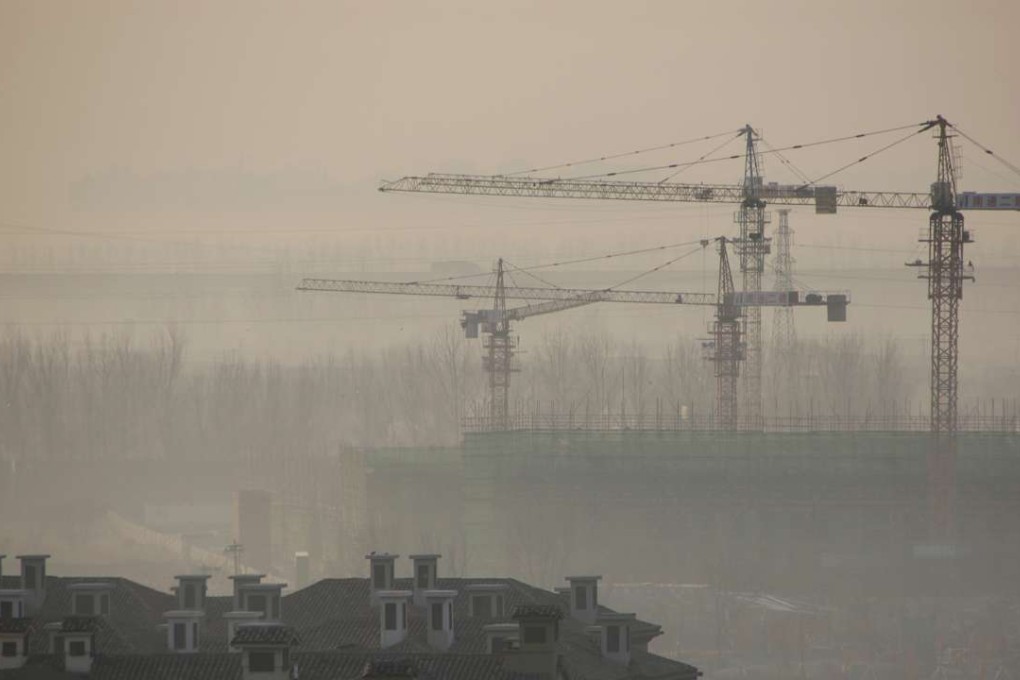New | China to simplify tax rules to shore up the economy

China has pledged to simplify the value-added tax (VAT) regime this year to level the playing field and shore up the real economy amid complaints about the chokingly high tax burden in a slowing economy.
Premier Li Keqiang said on Sunday the government will trim the four-tier VAT regime to three levels, part of the fiscal and tax reform plan which led to a tax cut of 570 billion yuan (US$83 billion) in 2016. Li was speaking as he delivered the annual government work report at the opening session of the National People’s Congress in Beijing.
Li promised to cut the tax burden by 350 billion yuan this year, and slash administrative fees by 200 billion yuan, with more tax incentives for small businesses and research and development activities.
China completed its VAT reform on May 1, 2016, requiring the remaining four industries – finance, construction, property and consumer services – to pay VAT instead of a business tax.
Under the current tax regime, businesses face four rates based on industry classification: 17 per cent or 13 per cent for the sales or import of products, 11 per cent for transport and property lease or sale, and 6 per cent for finance, modern services and consumer services.
Yet, the overhaul did not necessarily mean tax cuts for every enterprise. Complaints over a de facto heavier tax burden, complexity and ambiguity of rules were common.
